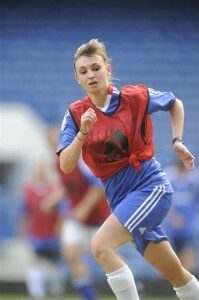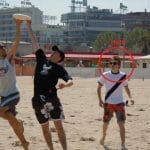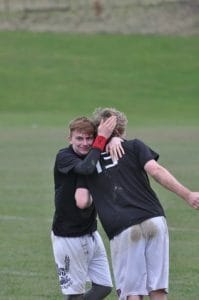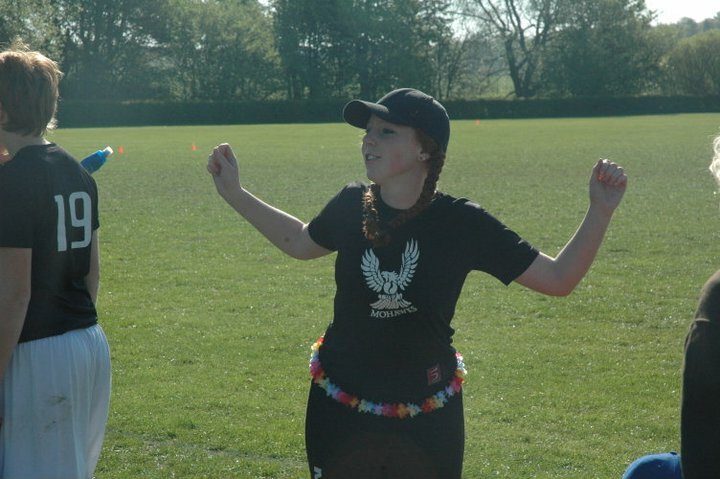 Blog Posts
Blog Posts
Let’s Get (Psychologically) Ready to Rumble!
While I’m sitting here waiting for the final draft of one of the regional schedules, I thought I may as well kill some time by talking about the issue of psychological preparation for tournaments. Rather than go for some drawn out research examples, I thought for a change I’d just go through some of the basics of what I do.
1. Musical Preparation
Every tournament needs a playlist. Well, not really. But every type of tournament needs its own playlist. At UWON 2011, I think I really started respecting music as a way of not just warming you up as an individual before games, but a way of bringing the team together. Ok, it’s probably something that generally works better for women’s teams, but I can also cite as evidence the Mohawks Open first team singing ‘You Know We Belong Together’ before a big game at indoor nats two years ago – so really, you’ve just gotta know your audience and pick your tunes.
My personal tournament list gets sorted probably 1-2 weeks before the tournament, and I’ll be listening to it lots during that time: between home and uni, in the gym, chilling out at home. Generally this is about 3-6 songs which get me in the right frame of mind. At Beach Worlds, this was proper agro music – I’m talking Ultivillage trailer tunes, maybe a little Pushpass – because I needed to get pumped and I needed to get aggressive. These were big games, and going in floppy wasn’t going to cut it.
For uni tournaments, my playlists are a little different. They’re not about getting me pumped for games, although generally they manage that too. They’re there to remind me what uni ultimate is all about – and it’s mostly about having fun. Yes, playing good ultimate. Yes, doing all the stuff we’ve practiced in training. But uni level isn’t club level – I cannot ‘expect’ of my team the level of clinical offence or high intensity defence I can ask of the Brighton Women’s club team. So I can’t listen to ‘high intensity’ angry music – I have to listen to, as Robbie would put it, complete trash. It is terrible. I think the lack of musical nuance may actually kill some of my brain cells with each listen– but it is perfect, because it reminds me to stop taking myself so seriously. And to drop it like it’s hot, obviously.
Actual point: it’s important to have a set of music that evokes the right emotional and mental state for a particular team and tournament.
2. Personal Preparation
I think it’s important before tournaments to not just imagine yourself doing super-awesome things (mental rehearsal) but also to think about things you will need to focus on as an individual for the benefit of the team. For me this weekend, I’m thinking about how I’m going to have to switch between tactician/coach and player, without taking away from our captains. I’m also thinking about the fact that I am going to have to self-regulate my throws – and work out if I’m having an off-game. It’s one of the great things about our team this year that if I’m having a ‘can’t hit a barn door at five paces’ game (or day) there are plenty of other players (like, the whole rest of the team) to take up the throwing load. But they can’t do that if I persist in throwing away like a goon. Third point for thought is the idea of leading from the front: I can’t influence directly how people play on either the second team or the first team really. All I can do is play as hard as I can, as well as I can, and hope that with that as a whole team we can feed off the energy of 7 or 8 people doing the same thing (I should probably be able to remember how many of us are on the team…)
Actual point: Prepare yourself for the decisions and regulation you’re going to have to engage in.
3. Watching Some Damn Good Frisbah
Ok, so I do this all the time anyway without tournaments coming up, but tournament weekends are an excuse to put aside chunks of my evenings the week before to watch highlight reels, in game footage and just generally fill my brain with all the awesome things it is possible to do on an ultimate pitch. One of my current favourites is a clip of a US women’s college team at regionals, which includes one of the most ridiculous layout Ds I’ve seen for a while (standing start layout from a far side handler mark on a pass into the lane, check it out here) and the monstrous throws of Robyn Fennig. But anyway, I think it gets me ready for the total immersion in ultimate that is a tournament weekend, and it gets me excited about ultimate, which is probably the most important thing before gametime.
Actual point: Err, I like watching frisbee. You should try it too.
If anyone’s got some favourite preparation stuff for big weekends, why not let us know in the comments? And before you say it, no, stuffing my face is not part of my mental preparation. That’s physical, silly billy.
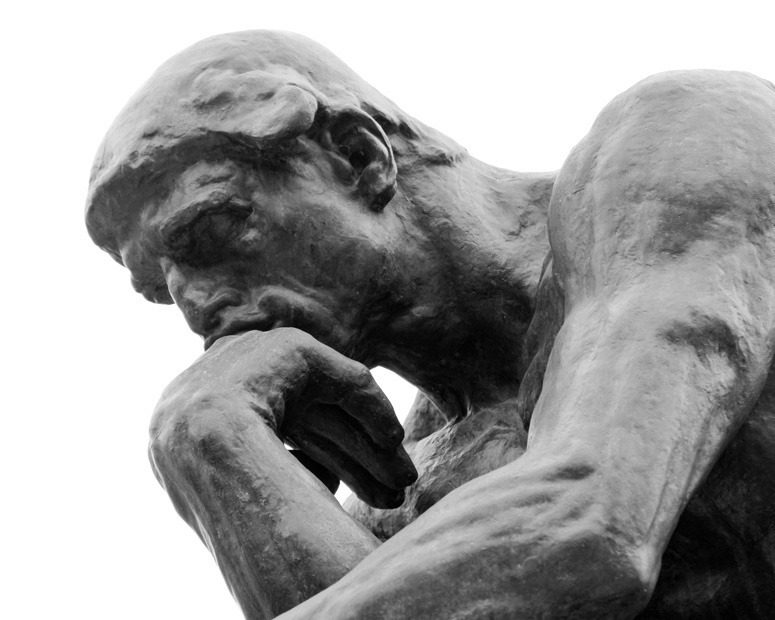
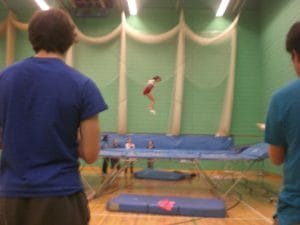 Natalie Frances is a committee member of the trampolining society. This means that we can legitimately complain to her next time we are delayed at Sunday training. All blame must be attatched to Natalie and it is definately all her fault personally. That said it is a credit to the Mohawks scouting network that we were able to poach Natalie away at the peak (no pun intended) of her success. We believe that university sport is the perfect trialing ground for ultimate, we are the most successful team after all.
Natalie Frances is a committee member of the trampolining society. This means that we can legitimately complain to her next time we are delayed at Sunday training. All blame must be attatched to Natalie and it is definately all her fault personally. That said it is a credit to the Mohawks scouting network that we were able to poach Natalie away at the peak (no pun intended) of her success. We believe that university sport is the perfect trialing ground for ultimate, we are the most successful team after all.
